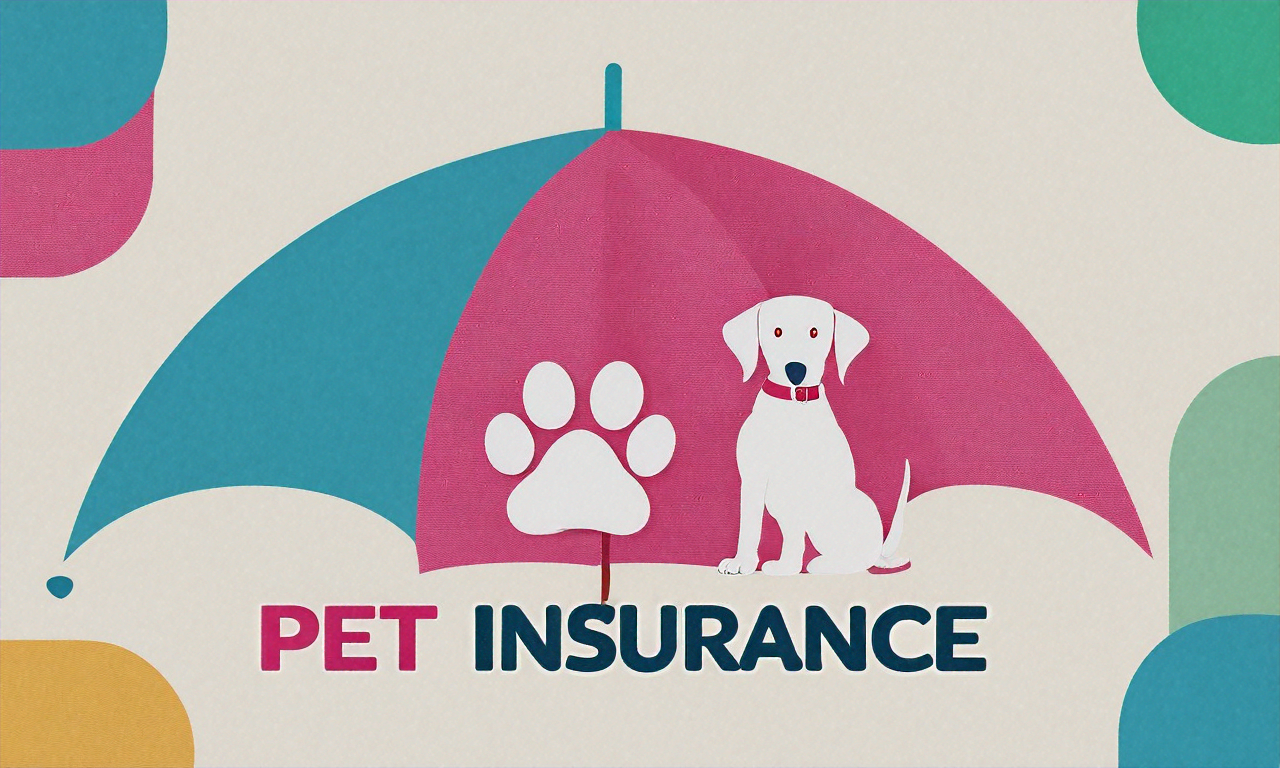Daily Health Checklist for Companion Well-being
A concise daily checklist helps pet owners monitor essential needs and spot early signs of problems. This brief overview highlights daily checks that support nutrition, grooming, exercise, behavior, and basic safety so companions remain comfortable and medically stable between routine veterinary visits.

A short, consistent daily routine supports a companion animal’s long-term health and helps owners notice small changes before they become significant problems. Start each day by observing appetite, activity, bathroom habits, coat condition, and general mood. Small checks—like inspecting eyes, ears, and mouth—take minutes but provide useful baseline information. Include basic first aid readiness and travel preparations when relevant, and adjust routines for puppies, kittens, and seniorcare needs.
Nutrition
Daily nutrition checks focus on portion control, water access, and appetite consistency. Confirm the food matches your pet’s life stage and any dietary recommendations from your veterinarian. Measure meals to support healthy weight and monitor treats to avoid excess calories. Fresh water should be available and cleaned regularly. Note any sudden changes in appetite or weight, as these can signal dental issues, digestive concerns, or systemic illness. For pets boarding or traveling, maintain the same feeding schedule and bring familiar food to reduce stress.
Grooming
Regular grooming maintains skin and coat health and provides an opportunity to spot lumps, parasites, or injuries. Brush coats according to breed needs to reduce matting and hair ingestion, and check paw pads, nails, and between toes. Daily quick inspections of ears and eyes can reveal discharge or irritation early. Dental care is part of grooming: look for bad breath, swollen gums, or tartar buildup and follow a cleaning plan advised by your veterinarian to minimize dental disease.
Behavior and socialization
Observe daily behavior and socialization cues, including activity level, interaction with household members, and response to new situations. Changes in behavior—withdrawal, aggression, excessive vocalization, or changes in toilet habits—may indicate pain, anxiety, or medical problems. Maintain regular socialization for young animals and provide consistent routines for adopted pets adjusting to a new home. Socialization during walks, supervised interactions, and positive exposure to different environments supports mental wellness and reduces stress-related behaviors.
Vaccination and microchip
Keep vaccination schedules and microchip details current and review records periodically. While vaccinations are administered at specific intervals by a veterinarian, daily checks should ensure there are no injection-site reactions after vaccinations. Confirm your contact information is registered with the microchip provider and check the microchip number is documented with your veterinary clinic. When traveling or boarding, bring proof of vaccination and microchip information for faster identification and safe handling.
Training and enrichment
Daily training sessions and enrichment activities support mental health and reduce problem behaviors. Short, consistent training uses positive reinforcement to reinforce commands, improve socialization, and strengthen the human-animal bond. Enrichment includes puzzle feeders, scent games, safe chew toys, and varied routes during exercise to stimulate the mind. Tailor activities to age and physical ability: puppies and adult dogs typically need more vigorous exercise and training, while seniorcare plans emphasize low-impact activity and cognitive puzzles to preserve mobility and engagement.
Safety, wellness, and first aid
Daily safety checks help prevent accidents: secure toxic plants, store medications and cleaning supplies out of reach, and inspect fences and carriers before travel. Maintain a basic first aid kit with supplies appropriate for your animal, and learn simple responses for common issues like minor cuts, choking, or heat stress. Wellness monitoring includes noting elimination patterns, breathing, and energy levels; abnormal signs warrant veterinary contact. For travel or boarding, verify facility safety measures and vaccination requirements to reduce health risks.
Conclusion A practical daily health checklist integrates observation, basic care, and preventive habits into everyday life. By routinely reviewing nutrition, grooming, behavior, preventive records like vaccination and microchip details, training, and safety measures, owners can support companions across life stages—from adoption through seniorcare. Consistency helps detect subtle changes, enabling timely veterinary attention and promoting long-term wellness.
This article is for informational purposes only and should not be considered medical advice. Please consult a qualified healthcare professional for personalized guidance and treatment.






